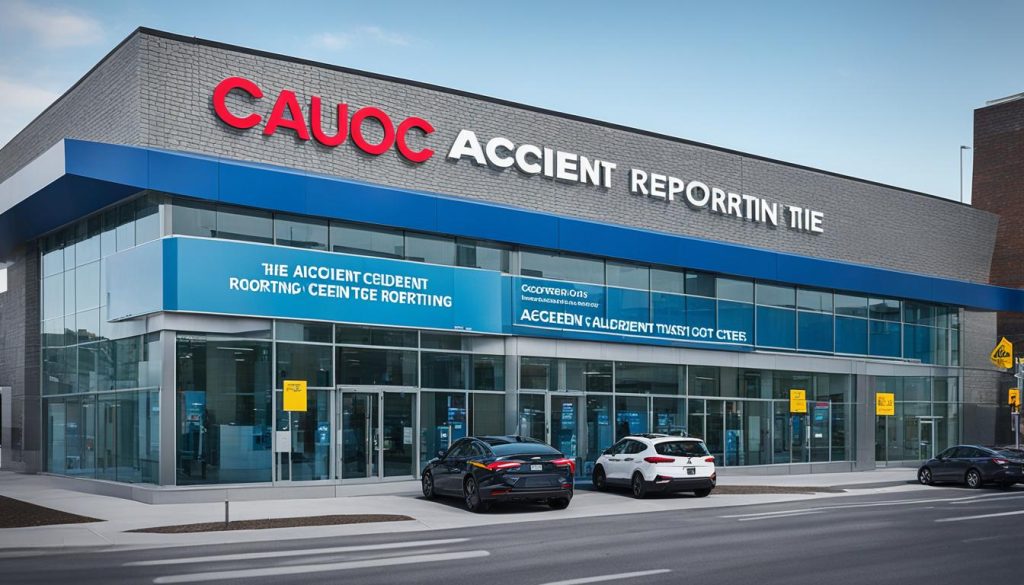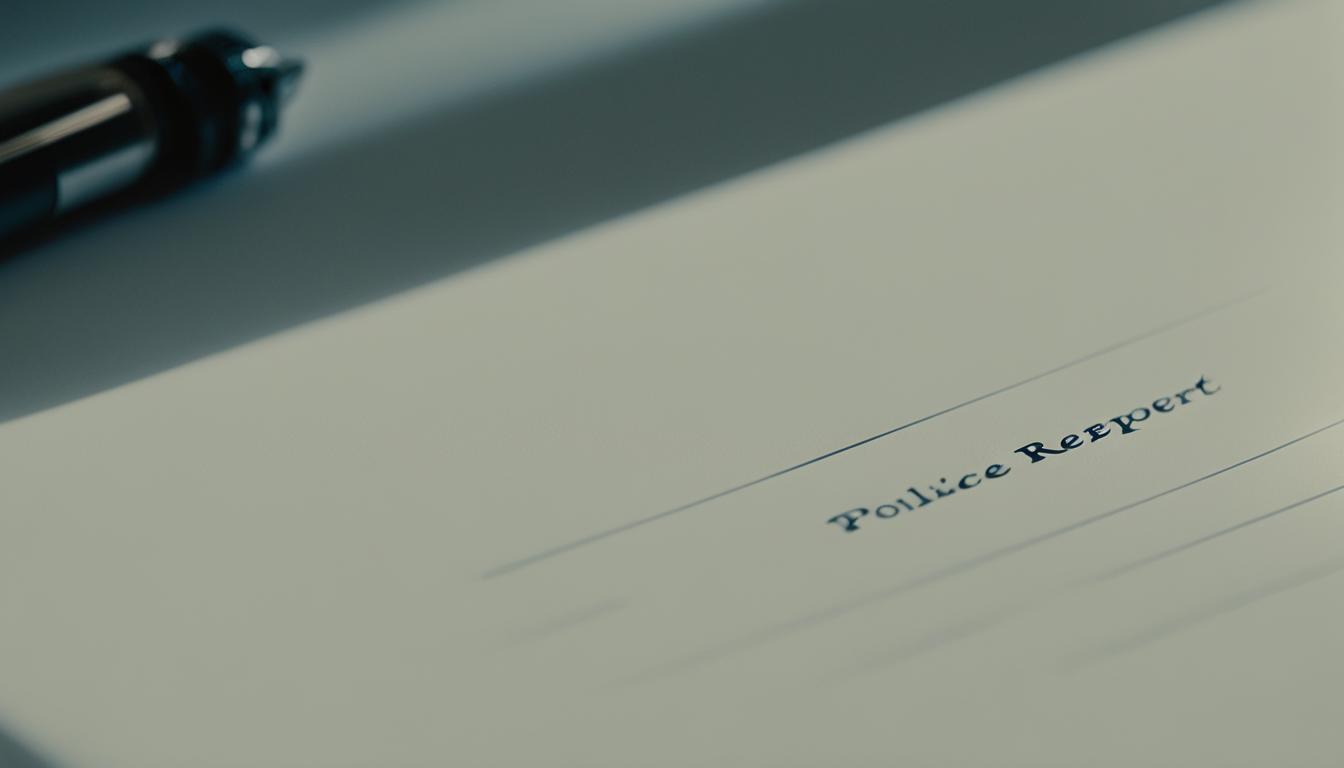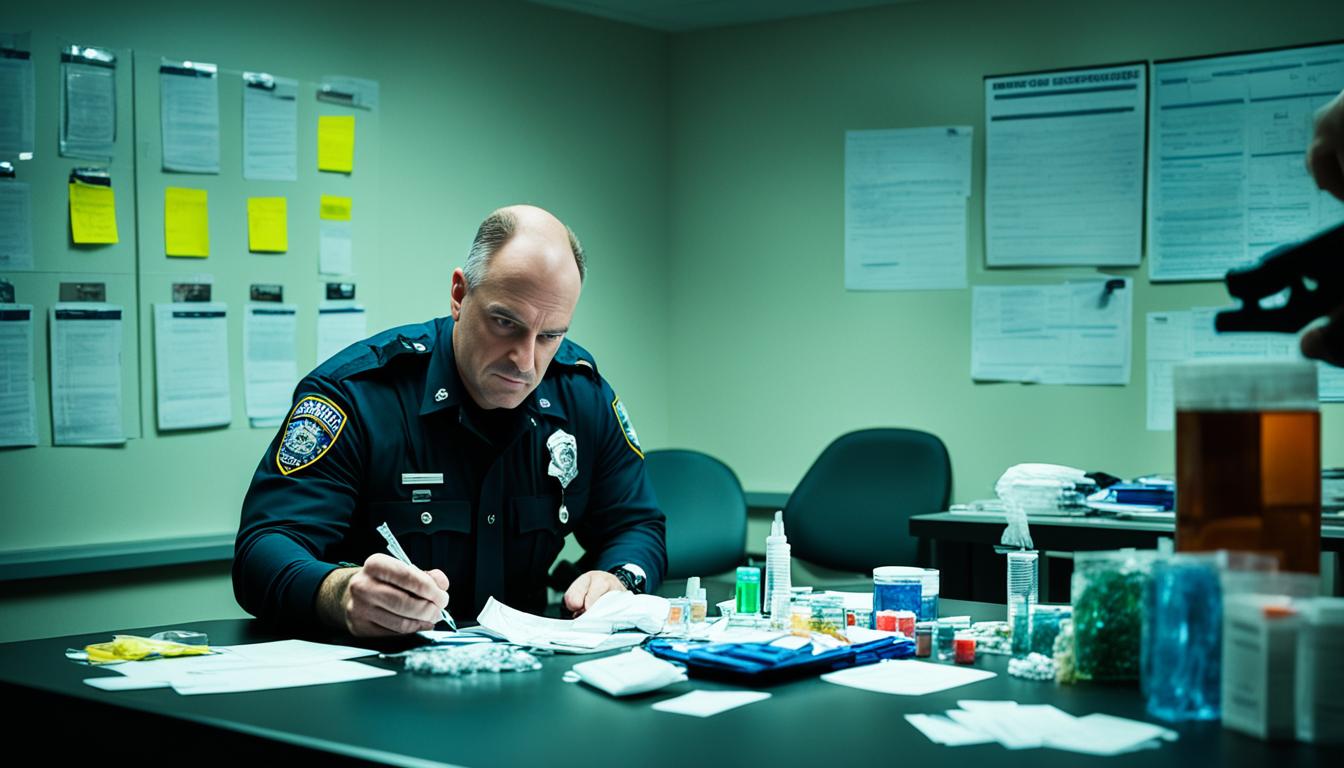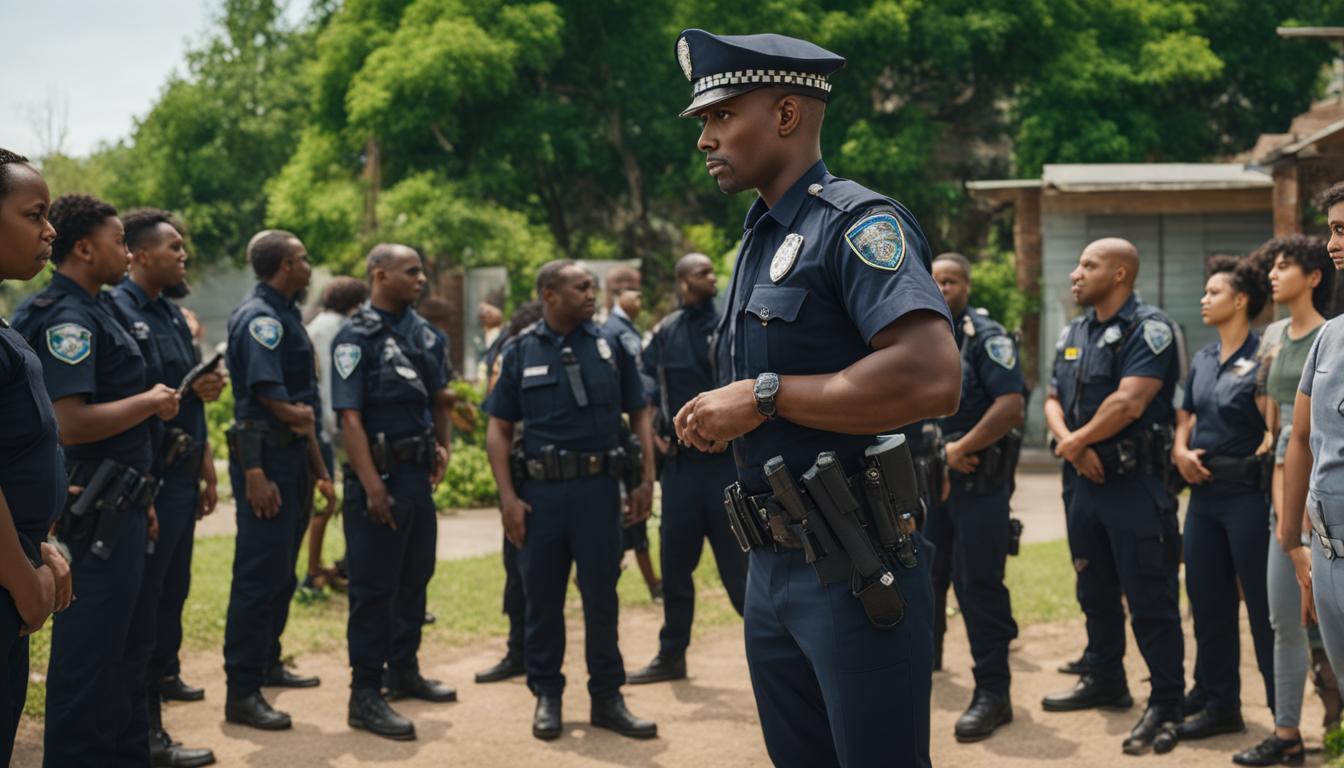When to Report an Accident to Police | Quick Guide
Did you know that in Canada, accidents must be reported to the police under certain circumstances? Understanding when to report an accident is crucial to ensure compliance with the law and protect your rights. Whether it’s determining the threshold for property damage or recognizing when there may be criminal activity involved, knowing the guidelines can make a significant difference in the aftermath of an accident.
Reporting an accident promptly and accurately can help you navigate the insurance claim process and provide necessary documentation for legal purposes. In this article, I will provide you with a quick guide on when to report an accident to the police in Canada, discussing key reporting procedures in specific cities, and emphasizing the importance of seeking legal assistance if needed. Let’s delve into this important topic and learn how to be prepared in case of an accident.
Key Takeaways:
- Understanding when to report an accident to the police is crucial to ensure compliance with the law.
- Accidents must be reported if they involve personal injury or death, significant property damage, or suspicion of criminal activity.
- Reporting an accident promptly and accurately can help with insurance claims and legal proceedings.
- Specific reporting procedures vary by location, so it’s important to know the guidelines in your province or city.
- Seeking legal assistance after an accident can help protect your rights and navigate the legal process.
Reporting an Accident in Edmonton, Alberta
In Edmonton, if you are involved in a collision within the city limits, it is necessary to report it at a Collision Reporting Centre (CRC). The CRC locations are available in both Edmonton North and Edmonton South, making it convenient for residents to access the reporting services. This ensures that accurate information about the accident is documented, which is essential for insurance purposes and legal compliance.
If the weather and road conditions are unfavorable and your vehicle is safe to drive, you can report the accident as soon as possible or once the conditions stabilize. Prompt reporting allows for timely investigation and evaluation of the accident, contributing to a smoother claims process. It’s important to note that even if there are no injuries or apparent damage, it is still advisable to report the accident to the CRC.
When reporting the accident at a CRC, make sure to bring your documentation, including your driver’s license, vehicle registration, and insurance information. These documents help establish your identity and verify the ownership and legal coverage of your vehicle. Providing accurate and complete information ensures that the accident report is thorough and reliable.

| CRC Locations |
|---|
| Edmonton North |
| Edmonton South |
Reporting an Accident in Toronto, Ontario
When it comes to reporting an accident in Toronto, it’s essential to act quickly and follow the appropriate procedures. Accidents must be reported within 24 hours to a Collision Reporting Centre (CRC) in Toronto, unless they involve personal injury or death.
The CRCs in Toronto are a partnership between the Toronto Police Service and Accident Support Services International (ASSI). These centers offer a streamlined process for reporting accidents that do not require a police investigation, making it easier for individuals to file a report promptly.
When visiting a CRC to file a report, there are some key documents you need to bring along. Make sure to have your driver’s license, vehicle ownership, and insurance information with you. These documents are crucial for the reporting process, as they help establish your identity, ownership, and insurance coverage.
Not reporting an accident within the designated timeframe can have serious consequences. You may face legal repercussions and encounter difficulties with insurance claims. To avoid these issues, it’s important to prioritize reporting an accident within the required timeframe.

By promptly reporting accidents to a Collision Reporting Centre in Toronto, you ensure compliance with the law and contribute to a smoother resolution of the incident. This process allows authorities to gather the necessary information and documentation for insurance claims and any required follow-up actions.
Remember, timely reporting is crucial, especially when it comes to accidents that do not involve personal injury or death. By following the reporting procedures set by the Collision Reporting Centre in Toronto, you help maintain safety on the roads and protect your legal rights.
Accident Reporting Procedures in Ontario
In Ontario, it is important to understand the accident reporting procedures to ensure compliance with the law and facilitate the claims process. Accidents must be reported within 24 hours to a Collision Reporting Centre (CRC), unless they involve personal injury or death. This 24-hour reporting rule applies to all accidents, regardless of their severity.
The CRCs are specifically designed to process accidents that do not require police investigation. They provide a convenient and efficient way to report accidents and gather the necessary information. However, it is crucial to contact the police immediately if there are any injuries or suspicion of criminal activity involved in the accident.
When reporting an accident at a CRC, it is essential to provide detailed information about the incident. This includes the exact location, the vehicles involved, and any witnesses present at the scene. Providing accurate and comprehensive details will assist in documenting the incident and resolving any potential disputes or insurance claims that may arise.
Failure to report an accident within the designated 24-hour timeframe may lead to legal consequences and difficulties with insurance claims. It is therefore imperative to adhere to the reporting rule to protect your rights and ensure a smooth resolution of the accident.
Seeking legal assistance after an accident is also recommended, especially if you have sustained injuries or face challenges with insurance coverage. An experienced accident lawyer can provide guidance throughout the process, helping you navigate the legal complexities and protect your interests.
Importance of Reporting Accidents and Seeking Legal Assistance
Reporting accidents to the police and insurance companies is crucial for several reasons. First and foremost, it helps document the incident accurately, which is essential when filing an insurance claim. By reporting the accident promptly, you provide necessary evidence that strengthens your case, ensuring that you receive the compensation you deserve.
Moreover, reporting accidents is not just about insurance claims; it is also a legal obligation. Failure to report an accident can have severe consequences, including criminal prosecution, fines, imprisonment, and even license suspension. By promptly reporting the accident, you demonstrate your commitment to complying with the law and taking responsibility for your actions.
However, sometimes accidents can result in more complex legal matters, especially if there are injuries involved. In such cases, seeking legal assistance after an accident is highly recommended. An experienced accident lawyer can help you understand your rights and obligations, navigate the legal process effectively, and potentially file a personal injury claim on your behalf.
Remember, accidents can have significant physical, emotional, and financial impacts on your life. By contacting an accident lawyer, you ensure that your interests are protected throughout the legal proceedings and increase your chances of obtaining a fair resolution.
- The Role of Police in Community Safety & Unity - October 6, 2025
- Quebec Police Officer Salary Insights 2023 - July 13, 2025
- Canada Arrest Protocol: What Police Say Upon Arrest - June 12, 2025




















Post Comment